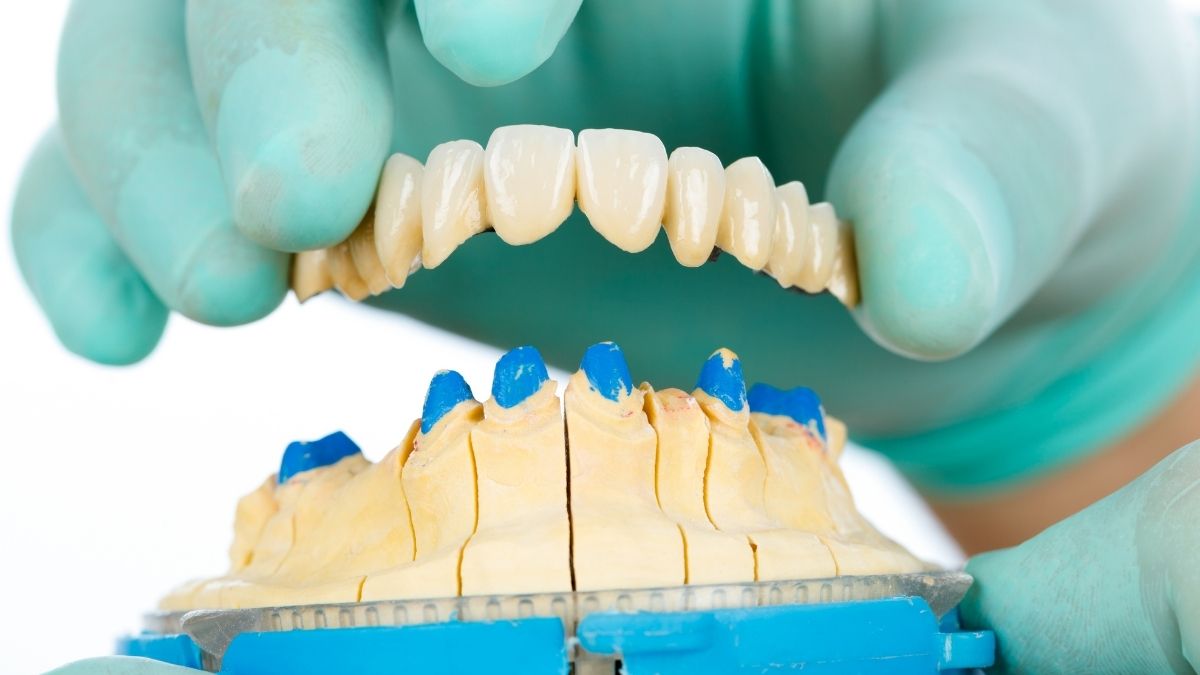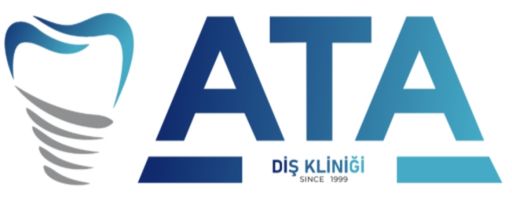What are turkey teeth? This phrase has gained attention on social media in recent years, sparking both curiosity and misconceptions. The term turkey teeth is not a medical expression but rather a slang label often associated with dental veneers or crowns performed abroad, particularly in Turkey. While the phrase can sometimes carry negative connotations, it is important to understand what it truly means, what dental procedures it refers to, and how to safely approach treatment choices.
What Are Turkey Teeth?
Turkey teeth is a term born from social media, not dentistry. It typically refers to dental restorations such as veneers or crowns that transform the visible surface of teeth. The nickname spread widely due to influencers sharing dramatic “before-and-after” results. However, it is misleading to assume that all patients receive the same aggressive treatments or that the results are unsafe.
What Are Turkey Teeth Called in Dentistry?
In professional practice, the procedures behind so-called “turkey teeth” are known as:
- Porcelain veneers or composite veneers (thin layers bonded to the tooth surface).
- Zirconia (used for strength and natural aesthetics).
Dentists often favor minimal-prep or even no-prep approaches when veneers are suitable. For patients who are also considering cosmetic dentistry options, E-max crowns in Turkey and zirconium crowns in Turkey are highly popular choices. Both treatments are designed to provide a natural, aesthetic appearance while ensuring strength and durability. Contrary to myths, not every patient requires crowns. In fact, more conservative options like veneers or zirconium crowns in Turkey are frequently recommended, depending on the condition of the natural teeth.
*All cases shown are real Ata Dental patients treated by our experienced team.
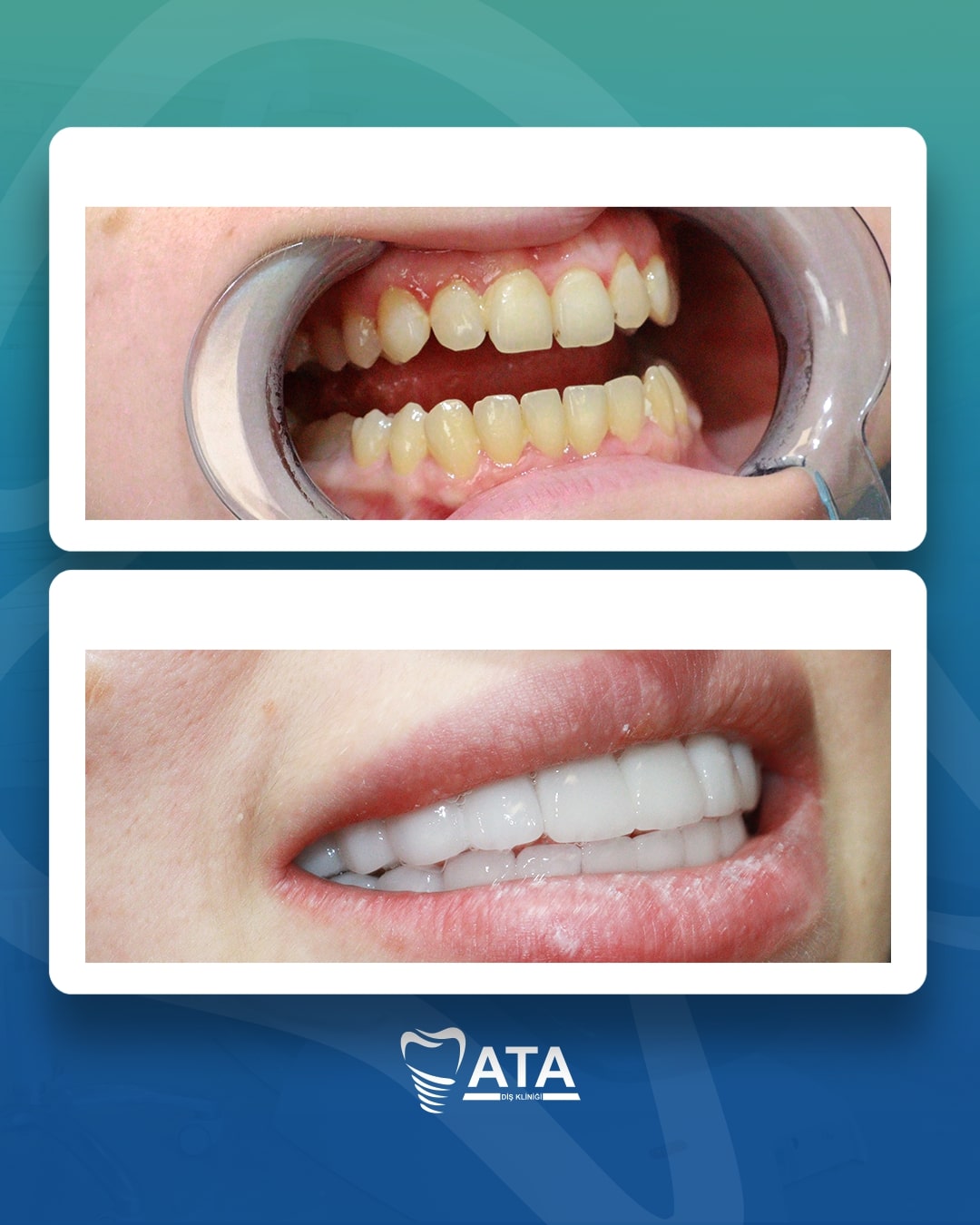
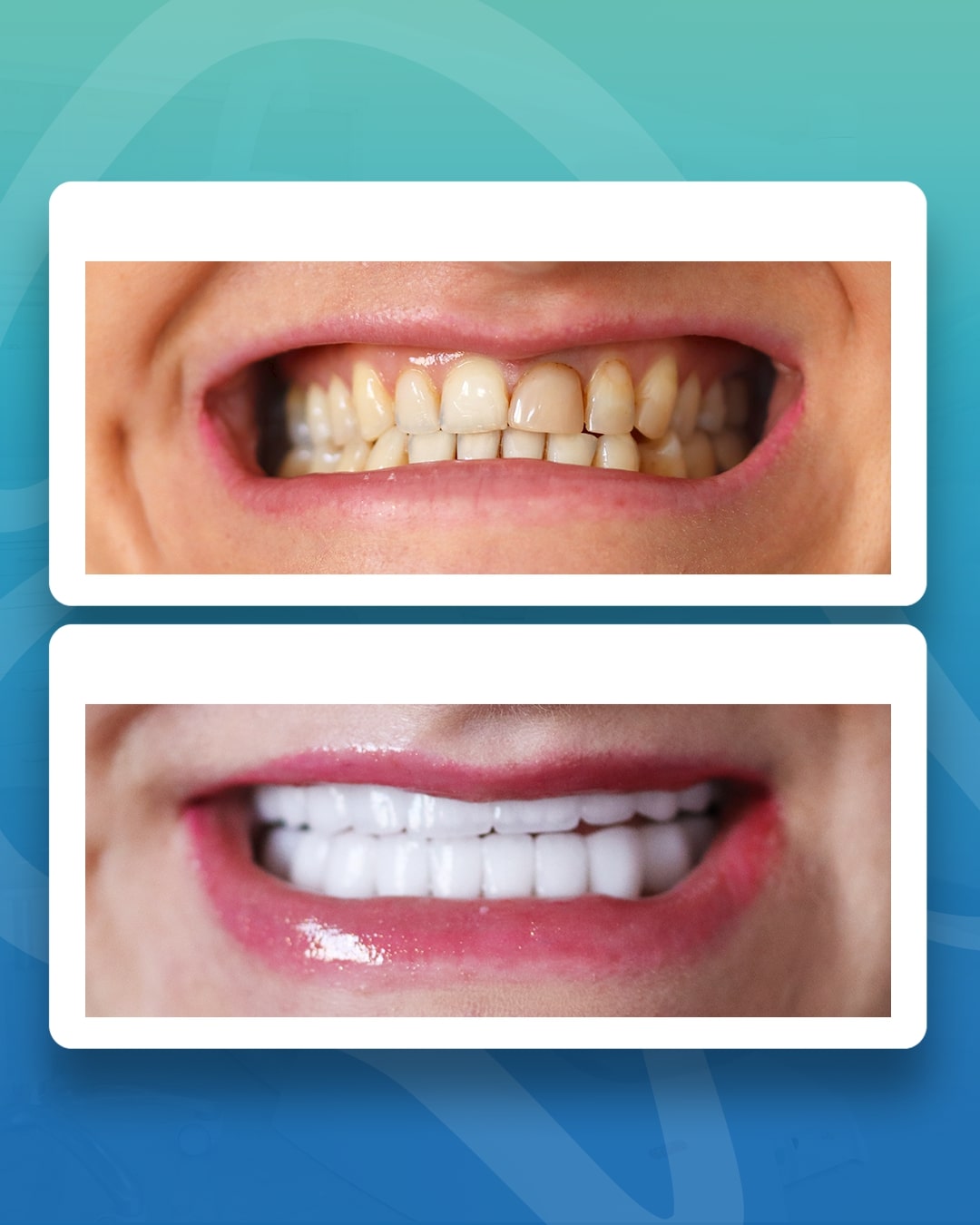
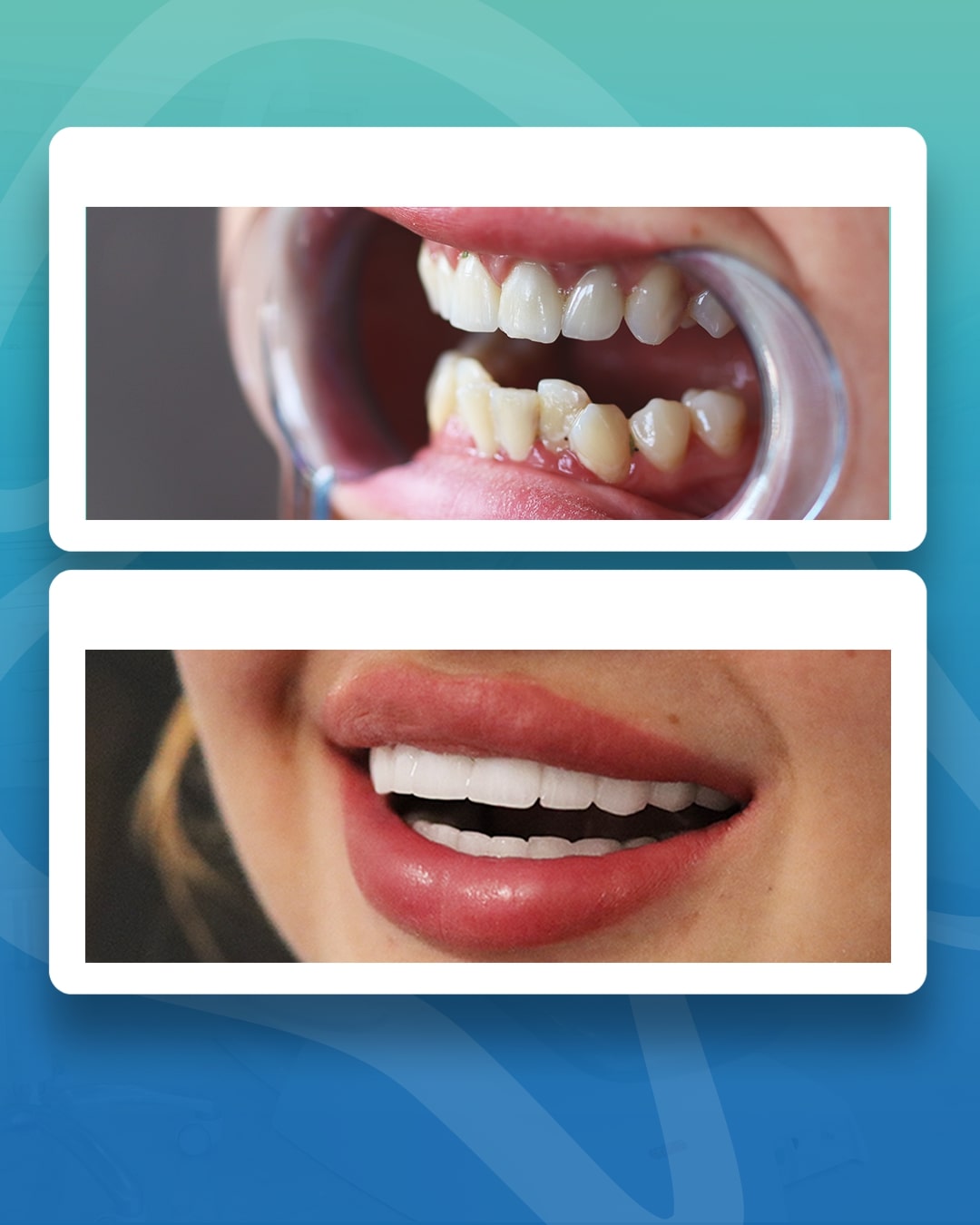
Why Do People Travel to Turkey for Dental Work?
Turkey has become a leading hub for dental care not just because of affordability, but also due to:
- Short waiting times and flexible scheduling.
- High patient volume and experience among dental specialists.
- Digital planning technologies like CAD/CAM and 3D imaging.
- English-speaking support staff for international patients.
- The chance to combine treatment with a holiday, offering both medical value and travel enjoyment.
For patients exploring options, combining smile design in Turkey with a relaxing visit to Istanbul is an increasingly popular choice.
Myths vs Facts About “Turkey Teeth”
| Myth | Fact |
|---|---|
| Everyone’s teeth are shaved down to stumps. | Crowns require more preparation, but veneers often preserve most of the natural tooth. Dentists prioritize conservative approaches. |
| “Turkey teeth” are unsafe. | Safety depends on the clinic’s sterilization standards, dentist qualifications, and quality of materials—not the country itself. |
| Results all look the same. | With digital smile design, restorations are tailored to the patient’s unique facial features and preferences. |
| Crowns last forever without care. | All restorations require regular check-ups, hygiene maintenance, and responsible use. |
This helps clarify what are turkey teeth and if it is safe—the answer depends on clinical choices, not internet rumors.
Is It Safe? How to Choose a Safe Clinic Abroad
Patients researching what are turkey teeth called in dentistry often wonder about safety. The truth is, any dental treatment abroad can be safe when proper steps are followed:
- Verify dentist qualifications and clinic certifications.
- Ask about sterilization protocols and the brands of materials used.
- Share your medical history and X-rays before travel.
- Request a treatment plan in advance to understand the approach.
- Ensure post-treatment support is available.
For more reassurance, you can read about is it safe to have dental implants in Turkey.
Crowns vs Veneers: When Is Each Appropriate?
| Crowns | Veneers |
|---|---|
| Recommended for heavily damaged or broken teeth. | Ideal for cosmetic improvements like color, shape, or gaps. |
| Provides full coverage and restores function. | Minimal-prep or no-prep techniques protect natural enamel. |
| Often irreversible due to greater tooth reduction. | Less invasive and more conservative. |
Each option has its place, but a careful diagnosis determines which is better for long-term health.
The debate around what are turkey teeth shows how internet slang can oversimplify complex dental treatments. In reality, the key factors are the dentist’s expertise, conservative planning, and custom smile design, not the country itself.
Since 2001, Ata Dental Center has been the trusted choice for both local and international patients, thanks to our commitment to excellence, cutting-edge technology, and patient-first approach.
Unlike many clinics that focus only on quick treatments, Ata Dental prioritizes personalized care, ensuring that every patient receives a detailed treatment plan tailored to their specific needs.
Our clinic combines over two decades of experience with advanced digital dentistry technologies, offering safe and long-lasting results.
Patients also benefit from our comprehensive dental tourism services, including VIP transfers, comfortable guesthouse accommodation, and continuous support throughout their stay in Istanbul. If you are considering veneers, zirconium crowns, or e-max crowns in Turkey, choosing Ata Dental means choosing a clinic that values your satisfaction above all else. Book your no-obligation online assessment today and let our expert team design the perfect smile for you.

